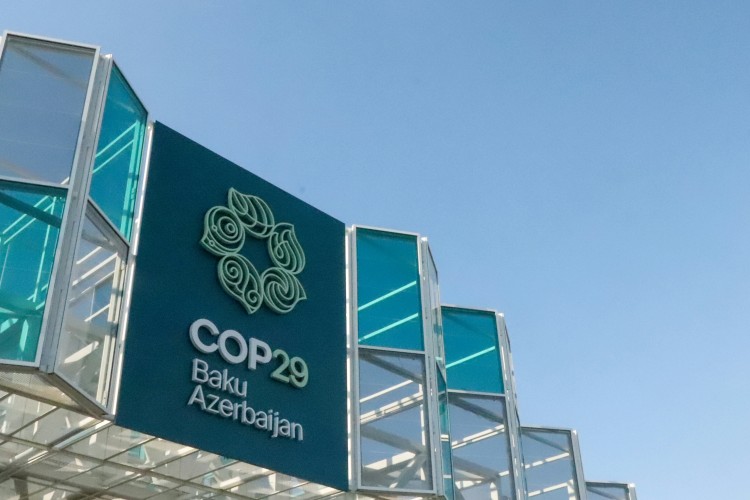World leaders and climate negotiators convened in Baku for COP29 on Monday, with India prioritising progress on climate finance, accountability, and protection for vulnerable communities.
Despite the urgency for climate change action, COP29 may face challenges in gaining momentum, particularly with the return of Donald Trump to power in the United States and scepticism from nations like India, which are focused on meeting their growing energy demands and supporting economic growth. In a significant shift, India has opted not to set up a pavilion at COP29, highlighting its nuanced stance on balancing climate responsibilities with development needs, even as the West urges emerging economies to lead on emissions reductions.
READ | RCEP or restraint: India’s trade dilemma and the China conundrum
India’s approach to COP29
While India has made substantial commitments to climate mitigation, Prime Minister Narendra Modi will not attend COP29, and environment minister Bhupender Yadav may also be absent. Although India’s involvement in COP29 may be scaled back, the nation remains committed to pragmatic climate solutions.
India is expected to deliver its national statement during the conference on November 18-19, calling on developed countries to close the gap between their ambitious pledges and actual action, advocate for more transparent climate finance mechanisms, and support a fair and equitable energy transition for all.
COP29’s mission and goals
The Conference of the Parties (COP) meetings are part of the United Nations Framework Convention on Climate Change (UNFCCC), a global treaty established in 1992 to combat climate change. These conferences assess progress and reinforce the objectives of the 2015 Paris Agreement, which seeks to limit global warming to 1.5°C above pre-industrial levels.
COP29 represents a critical opportunity for advancing global climate efforts, particularly as nations negotiate a new, ambitious climate finance target known as the New Collective Quantified Goal (NCQG). This goal, which could amount to trillions of dollars annually, is viewed by developing countries as essential for effective climate action. Currently, developed nations have pledged $100 billion annually — a sum many believe is insufficient.
Baku is expected to present a comprehensive financing package that enhances transparency and accessibility for the countries most in need of climate support. Developing nations are also advocating for debt relief to ease financial pressures, while COP29 aims to address critical issues such as adaptation and resilience, loss and damage, and emissions reductions.
The Trump effect
The re-election of Donald Trump — a known climate sceptic — has cast a shadow over COP29’s potential impact. Trump’s anticipated policies favouring oil and gas expansion threaten to undo climate progress, as he may not only withdraw the US from the Paris Agreement but could also pull the country from the UNFCCC altogether.
This shift places greater responsibility on other major emitters, such as China and the European Union, to adopt more ambitious climate policies. With the US likely to sideline climate commitments, the EU is now positioned to lead support for vulnerable nations, a role it has consistently played in climate finance.
Challenges facing COP29
The decline of influential global forums, such as Davos, from addressing pressing issues like climate change has raised concerns that COP29 may face similar setbacks. A primary challenge remains inadequate climate funding, which hinders the advancement of ambitious climate goals. COP29 will need to rally leaders to commit to a significant increase in funding, ideally a ten-fold boost from current levels.
The developed world, led by the US, is also pressuring wealthy nations — including Saudi Arabia, Qatar, Singapore, and even China — to enhance their climate contributions. Yet, amid heightened global conflicts and financial constraints, such contributions may be difficult to secure. Trump’s election has further dampened expectations for COP29, as geopolitical divides complicate consensus on climate finance agreements.
For COP29 to succeed, it must move beyond pledges and hold developed nations accountable for accelerating their paths to net zero while fulfilling financial commitments. While last year’s COP28 yielded several promises, it allowed developed nations to avoid meaningful accountability. Moving forward, COP meetings must prioritise stringent standards to push developed countries to raise their ambitions and follow through on commitments.
COP29’s success hinges on a robust finance agreement that can mobilise the necessary funds for climate action. Should this be achieved, COP29 could become the most significant climate summit since the landmark Paris Agreement of 2015.

